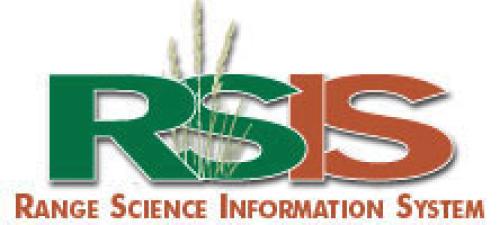Plant production, rhizome biomass and macroorganic matter were measured in a Georgia salt marsh exposed to natural feral horse (Equus caballus) grazing, moderate clipping, trampling, and moderate clipping and trampling combined. Clipping did not accurately simulate feral horse herbivory. In general natural horse herbivory was less detrimental than the clipping alone, trampling alone, and the combined clipping and trampling treatments that were applied. Net annual primary production was enhanced by clipping, decreased slightly by natural grazing and trampling, and greatly decreased by the clipping and trampling combined treatment, suggesting that trampling may be more detrimental to plant production than the removal of aboveground biomass. Based on the results of this study the author suggests that trampling damage, due to heavy grazing, may lead to reduced plant production and increased rates of erosion in this Georgia salt marsh.

Citations and enhanced abstracts for journals articles and documents focused on rangeland ecology and management. RSIS is a collaboration between Montana State University, University of Idaho, and University of Wyoming.